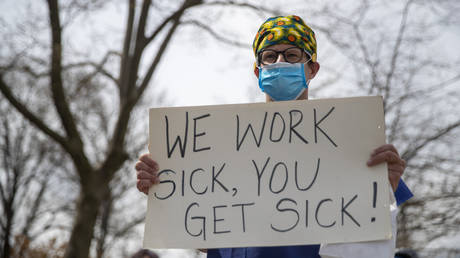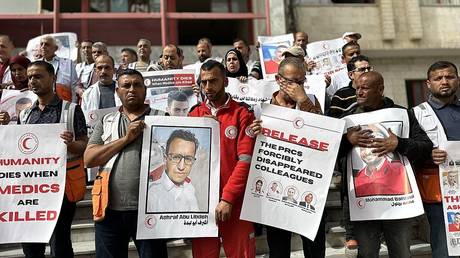
The head of the World Health Organization has said the Covid-19 pandemic won’t be successfully tackled until the world deals with the inequalities that have allowed the virus to wreak havoc across the globe.
Speaking at a virtual briefing in Geneva on Wednesday, Director-General Tedros Adhanom Ghebreyesus outlined a series of steps that need to be implemented before countries should lift measures designed to control the spread of the disease.
These steps include introducing surveillance controls and ramping up health system preparedness, with Tedros warning that the virus will force the return of lockdowns if the transition isn’t managed “extremely carefully.”
The global health chief also said that, although the pandemic will eventually ebb away, it will not be possible to return to business as usual unless there is major investment in health systems and inequalities are tackled.
“Crises can exacerbate existing inequalities, which is demonstrated in higher rates of hospitalization and death among certain populations in many countries,” he said. “We must address this now and in the long-term by prioritizing diagnosis and care for those who are most at risk.”
The WHO boss noted that resilient health systems are the best defense against pandemics – yet, despite this, current trends indicate that more than five billion people will lack access to essential health services by 2030. “Gaps like these don’t just undermine the health of individuals, families and communities; they also put global security and economic development at risk,” Tedros added.
The United States is the global center of the pandemic, racking up over 71,000 fatalities from Covid-19 and over 1.2 million confirmed cases. The disastrous figures have prompted harsh criticism of the US healthcare system, while a stunning Gallup poll released in recent days found that approximately 14 percent of US adults would forgo medical care for Covid-19 symptoms because they couldn’t pay for it.
Like this story? Share it with a friend!




